Panel 1
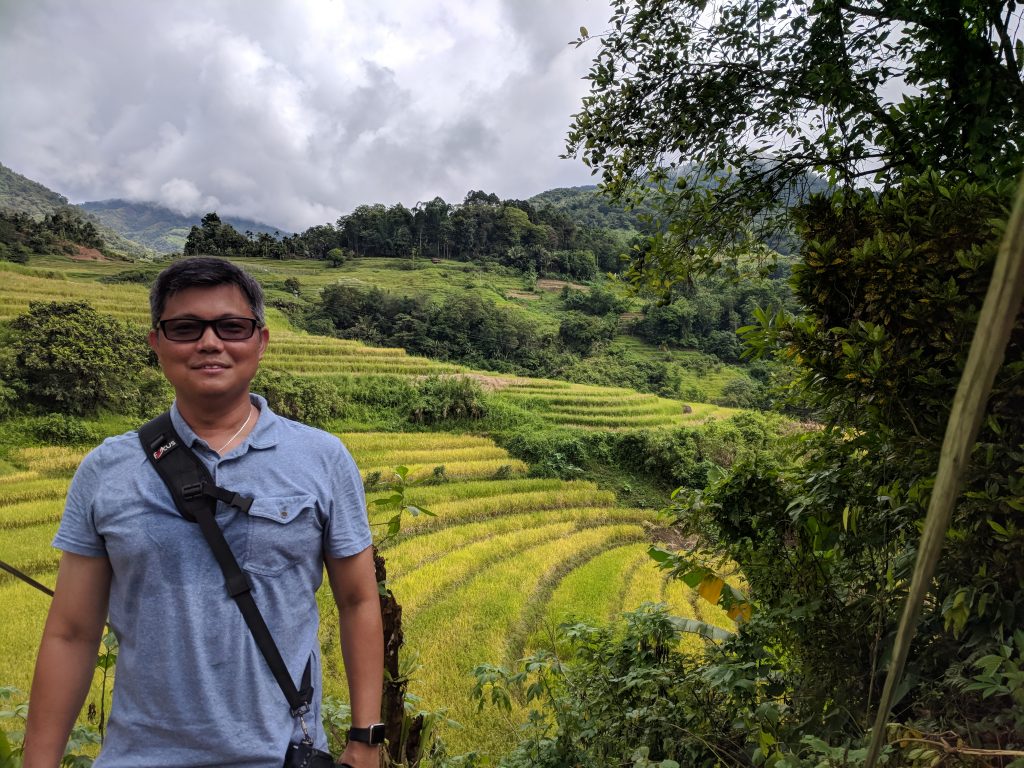
Stephen Acabado is an associate professor of anthropology and a member of the core faculty of the Cotsen Institute of Archaeology at the University of California, Los Angeles. His archaeological investigations in Ifugao, northern Philippines, have established the recent origins of the Cordillera Rice Terraces, which were once known to be at least 2,000 years old. Dr. Acabado directs the Bicol and Ifugao Archaeological Projects and co-directs the Taiwan Indigenous Landscape and History Project. He is a strong advocate of an engaged archaeology where descendant communities are involved in the research process. He is a member of the Engaged Research Grant Advisory Committee of the Wenner-Gren Foundation for Anthropological Research. His work in Ifugao has received support from the US National Science Foundation, the Taiwan Ministry of Science and Technology, the Luce Foundation, American Council of Learned Societies, National Geographic Society, and the Whiting Foundation.
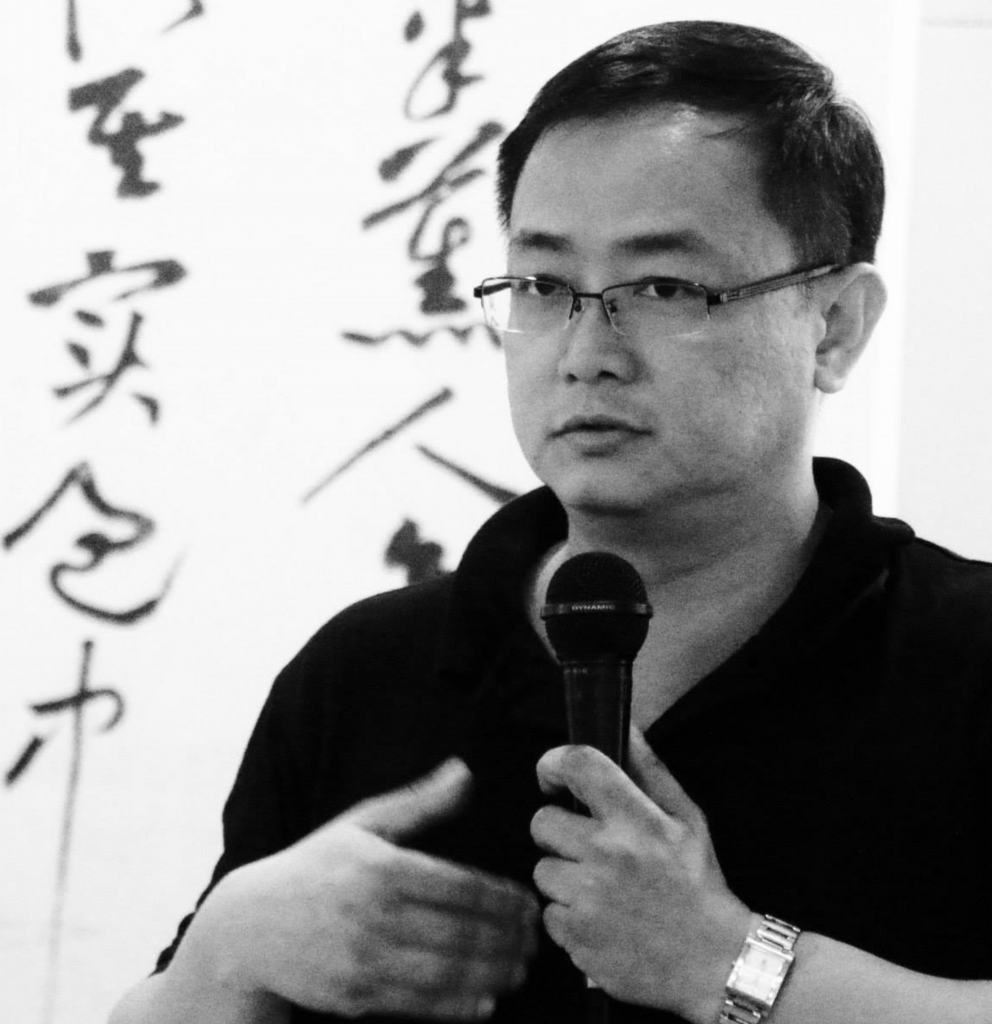
Daya (Da-Wei Kuan), comes from the Tayal indigenous group in Taiwan, received his PhD degree in geography from the University of Hawaiʻi at Mānoa, is currently an Associate Professor in the Department of Ethnology at NCCU. His research interests include: indigenous geography, indigenous land policy, indigenous community mapping, and community-based resources management. Devoting to integrate his works of academic research, teaching and community service for the claim of indigenous land rights, he collaborates with different indigenous communities in many traditional territory mapping, land-use planning and community development projects. In addition to the fieldwork in Taiwan, Daya also commits himself to the comparative studies and collaborations within the Austronesian language-speaking communities in Southeast Asia and the Pacific, including Philippines, Hawaii, and Aotearoa (New Zealand).
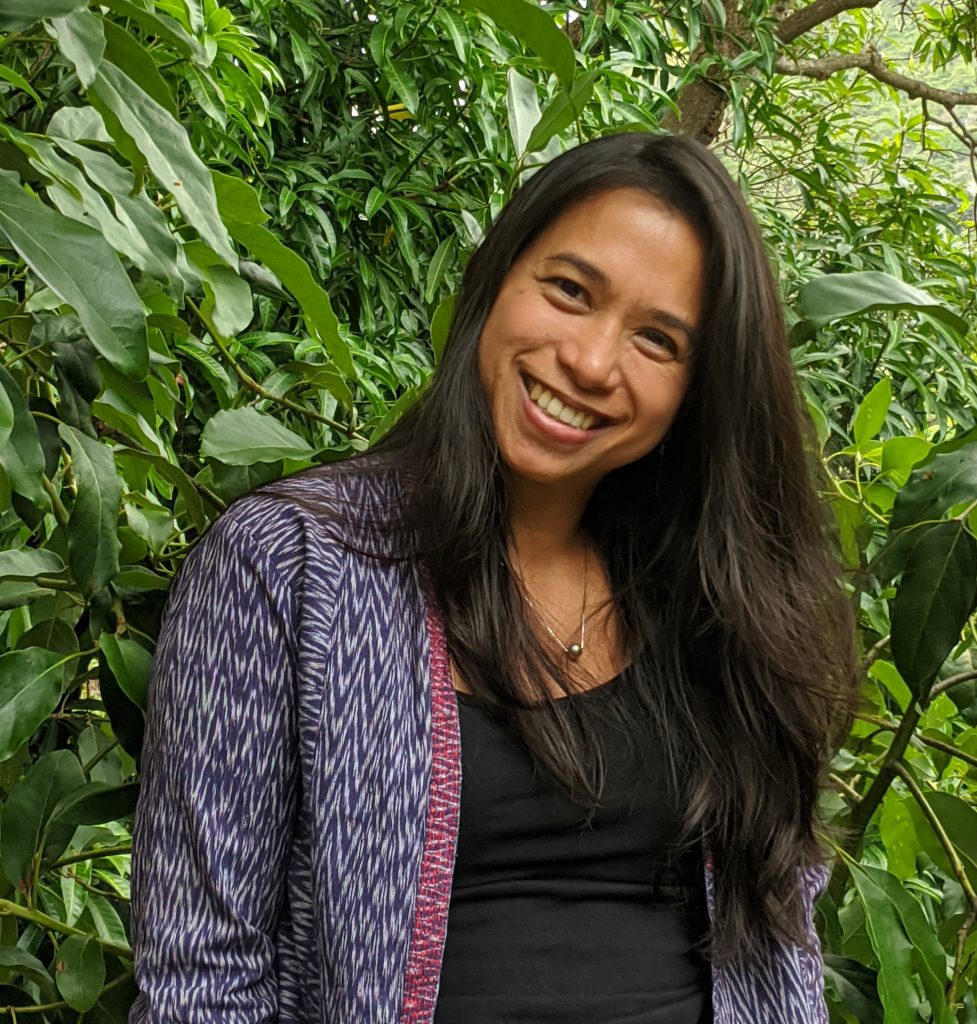
Kahlil Apuzen-Ito is a soil scientist and project director, with the Foundation for Agrarian Reform Cooperatives in Mindanao (FARMCOOP), a non-governmental organization that serves over 6,000 community-based and indigenous family farmers in Mindanao, Philippines. She works with indigenous and family farmers, technical staff, educators, health practitioners, women and community organizers. Kahlil’s team efforts have included effective and tangible results for their partner communities. These include significantly improving organic farm production, reducing pests and diseases, decreasing malnutrition, strengthening indigenous women leadership, and bolstering food security resilience during the Covid pandemic. Kahlil also serves in the Steering Committee, Advisory Board and as a co-coordinator for the agroecology and water management working subgroup of The World Banana Forum under the United Nations Food and Agriculture Organization. Kahlil was awarded a University of California Toxic Substance Research and Teaching Fellowship (2000-2002). She received her B.S. from The Evergreen State College and her Masters in Soil Science from the University of California, Davis.
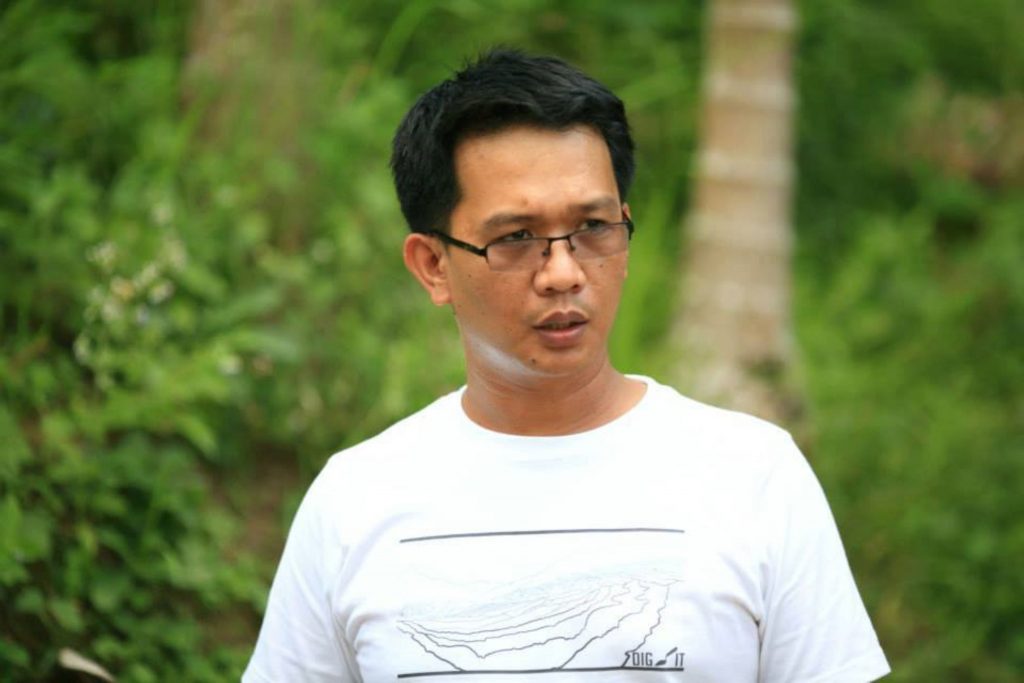
Marlon Martin is an Ifugao who heads a non-profit heritage conservation organization in his home province in Ifugao, Philippines. He actively works with various academic and conservation organizations both locally and internationally in the pursuit of indigenous studies integration and inclusion in the formal school curricula. Along with Acabado, he established the first community-led Ifugao Indigenous Peoples Education Center, the first in the region.
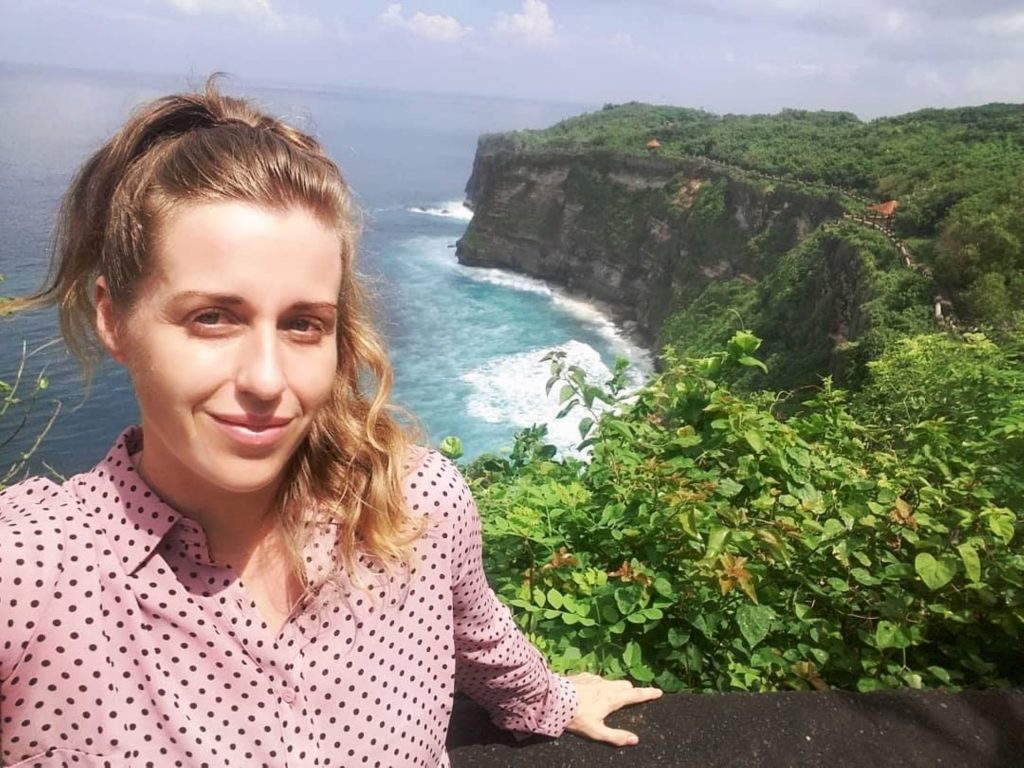
Kelli Swazey is an anthropologist and consultant whose research focuses on the relationship between religion and culture in the representation of identities across Southeast Asia. She has served as a faculty member at the Center for Cross Cultural and Religious Studies (CRCS) at Gadjah Mada University’s Graduate School in Yogyakarta and a Visiting Professor at the university’s Tourism Studies Program. She also designs and manages cross-cultural educational programs and media production in collaboration with local communities in the Asia Pacific, including the Australia Consortium for In-Country Indonesian Studies (ACICIS) Sustainable Tourism Professional Practicum and the Voicing Diversity Project at the Center for Southeast Asian Studies (CSEAS) UHM. She is currently serving as the Diversity and Inclusion Liaison for The Fulbright Program’s East Asia and Pacific Division.
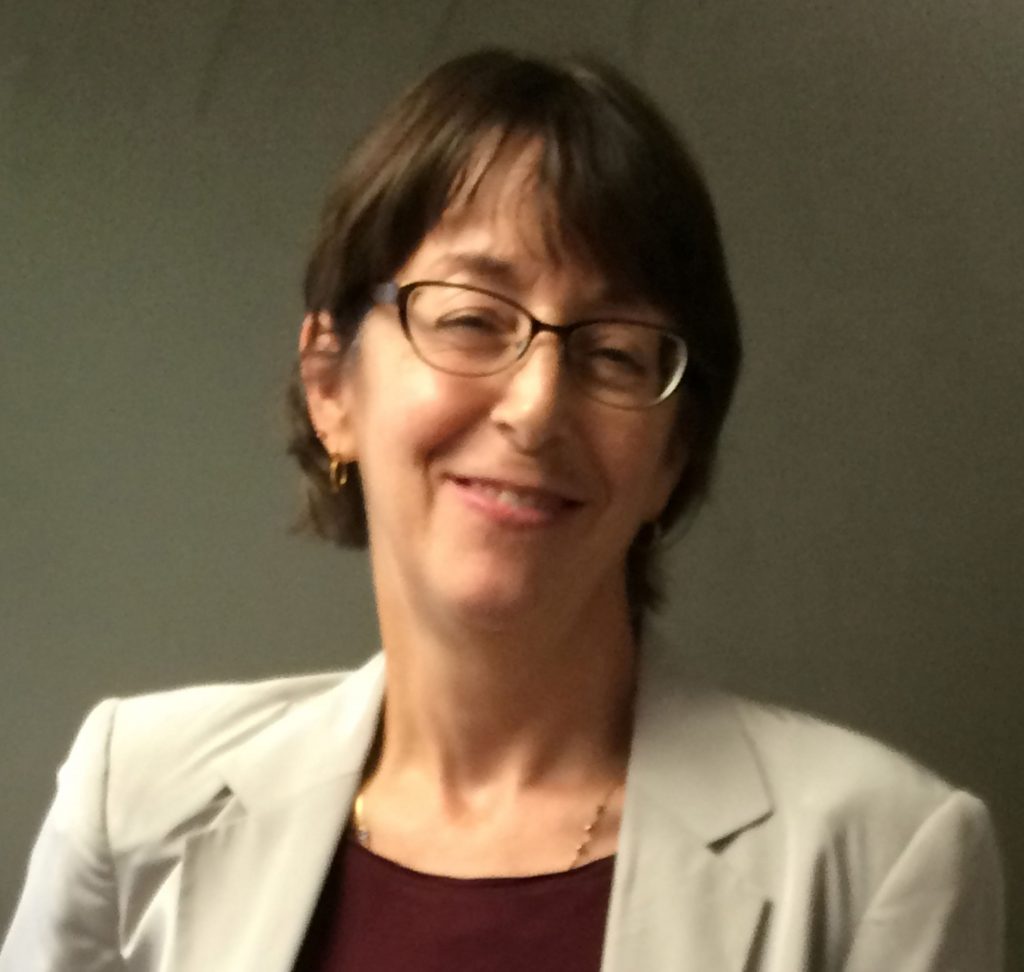
Miriam T. Stark (Professor, Anthropology, University of Hawai’i at Mānoa, Hawai’i) has co-directed field-based archaeological projects across Cambodia for nearly 25 years in collaboration with Cambodia’s Ministry of Culture and Fine Arts and APSARA Authority. Her archaeological projects blend research with capacity-building for Khmer archaeologists, and include heritage management in their long-term research designs. She also directs the Center for Southeast Asian Studies, and serves as PI for the newly-funded UHM/East West Center LuceSEA Transitions project to support collaboration and capacity-building in research on agrarian and rural transitions in Southeast Asia.
Panel 2
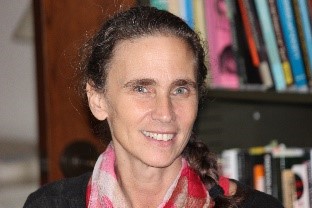
Courtney Work is an Assistant Professor in the Department of Ethnology at the National Chengchi University in Taipei, Taiwan. Work started research activities in Cambodia in 2005, which have included post-doctoral research with ISS, in The Hague, and RCSD, at Chiangmai University; a PhD (2014) in Anthropology from Cornell University and an MA from Brandeis University. The research focus shifts through time, and covers elements from the anthropology of religion, development, and the environment; the history of Southeast Asian political formations; and contemporary political economy and climate change. Her book, Tides of Empire: Religion, Development, and Environment in Cambodia explores Cambodia’s development frontier through the lens of migrant families creating a new village out of the forest.
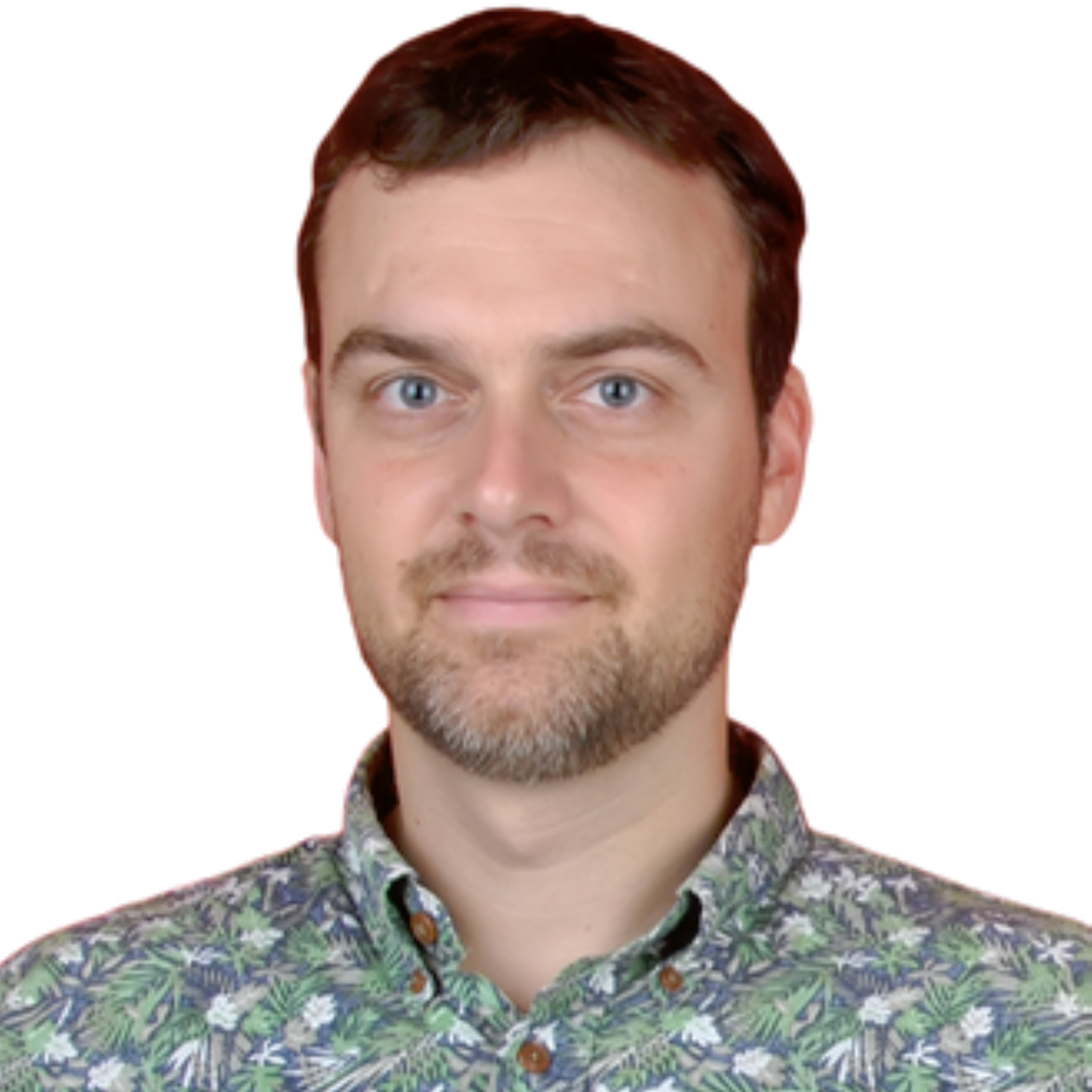
Micah Fisher is a faculty member at the University of Hawai‘i at Mānoa in the Matsunaga Institute for Conflict Resolution and the program for Disaster Management and Humanitarian Assistance. He also holds a joint position in the Forestry Department at Hasanuddin University in Indonesia, where he serves as Editor-in-Chief of Forest and Society, a journal with an area focus of under-represented regions in Southeast Asia. His research interests center on sustainability dimensions of landscapes and watersheds, and more specifically revolve around rural smallholder dilemmas and policies to empower land rights and livelihoods. Co-production of knowledge initiatives draw from long term partnerships with the Kajang community of Sulawesi to help secure formal state recognition of Indigenous land.
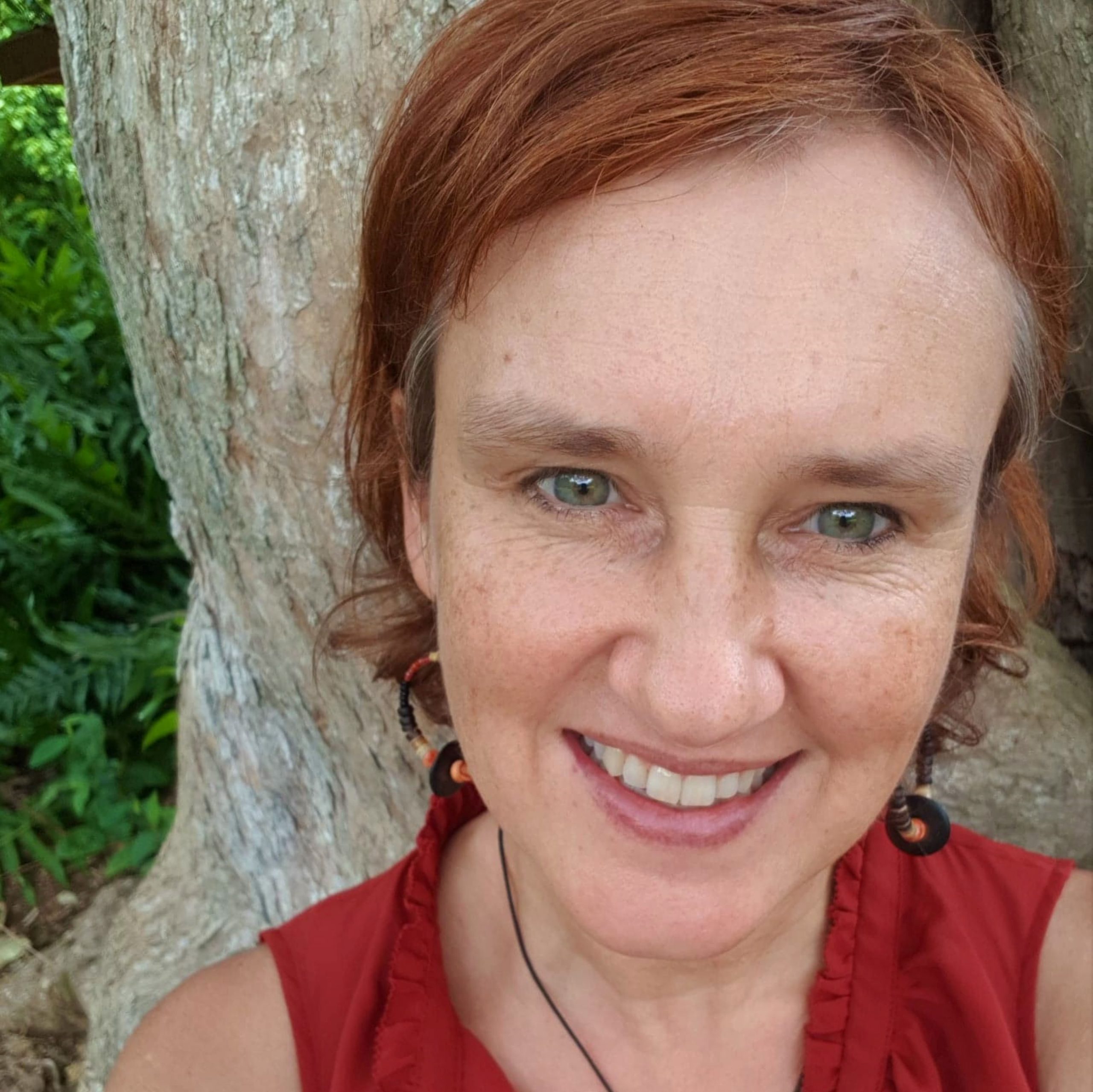
Else Demeulenaere is the Associate Director for Natural Resources, at the University of Guam’s Center for Island Sustainability, where she leads a team of biologists to conduct research on forest and watershed restoration, endangered species protection and recovery, and green roofs. Else is an avid advocate for sustainable living and the protection of Guam’s biocultural diversity. Else is currently pursuing an interdisciplinary PhD in a joint program with the University of
Alaska Fairbanks and the University of Guam. Her research focuses on conservation genetics of Serianthes in Micronesia, traditional ecological knowledge of endemic plant species, social activism, and aims to find policies benefiting the protection of Guam’s ecosystems and its people.
